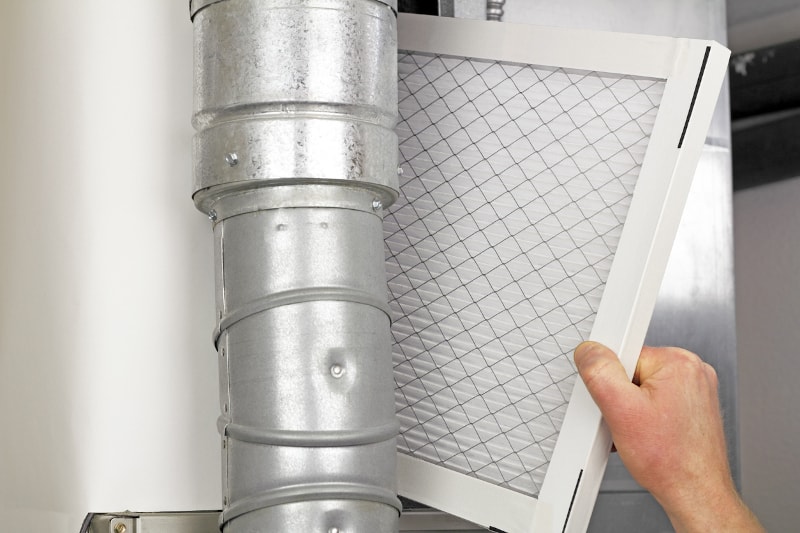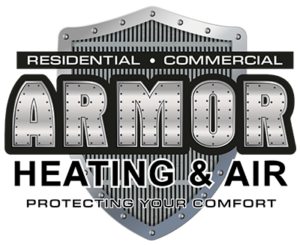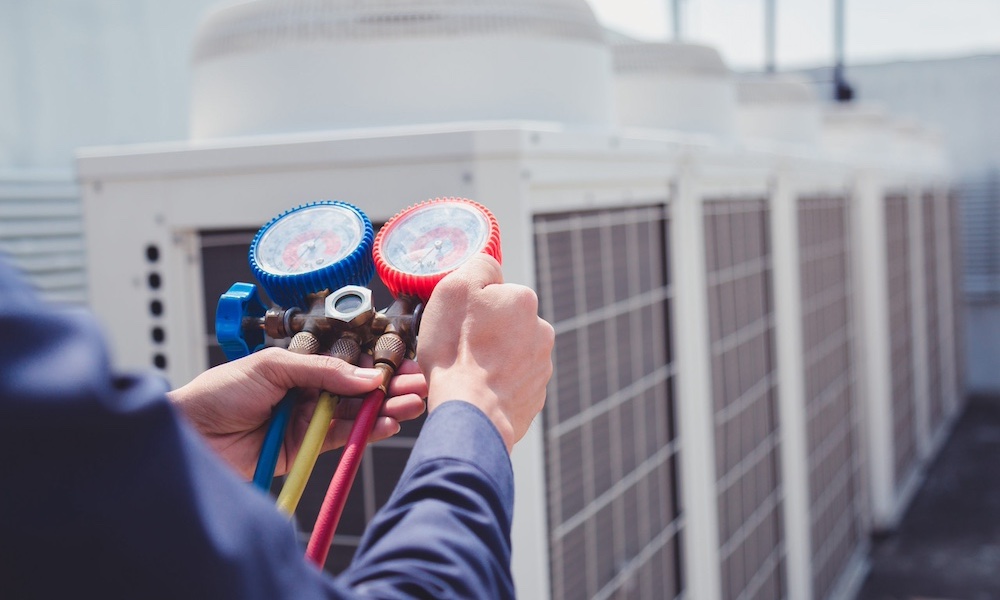A Guide to Air Filter Types and Choosing the Right One in Rogers, AR

The air filter helps keep your HVAC system running efficiently by removing the majority of large airborne contaminants. With all the sizes and styles available, which one is right for your Rogers, AR home? Consider this guide to understand the differences and how to choose one that will serve your home well.
Basic Spun Fiberglass
A flat spun fiberglass filter is the most basic model available. These capture large airborne contaminants but have larger pathways through which smaller particles can pass.
These also have the smallest filtering surface area, which leads to faster clogging. It’s common for these filters to need replacing as often as every 30 days.
Flat spun fiberglass filters allow for the air to easily pass through for heating or cooling your home. They’re generally the least expensive filters on the market as well, so they’re perfect if you need to change your filters frequently. However, they also allow the most contaminants to enter your system, potentially clogging your system’s components.
Pleated Filters
A step up from flat spun fiberglass filters are the pleated filters. These commonly use either cotton or polyester for the filtering material, arranged in folds known as pleats.
The folded material effectively gives your filter more surface area while remaining the correct size your system requires. The larger surface area extends the life of the filter. Thus, 1- and 2-inch pleated filters may last as long as 90 days.
The tightness of the weave determines the MERV rating, or Minimum Efficiency Reported Value. Using a filter that’s too efficient can strain your system, leading to additional heating and AC repairs.
HEPA Filters
At the high end of the MERV ratings are HEPA filters, which remove up to 99.97% of airborne contaminants. Many people with asthma and allergies rely on these special filters to reduce environmental triggers.
There are a few problems with using HEPA filters in the standard residential HVAC system. Due to their high efficiency, they clog more quickly and are also expensive compared to flat or standard pleated filters. Most residential systems can’t use this type of filter.
Most systems don’t create enough air draw to sufficiently supply the system through a HEPA filter. Commercial systems are designed to use HEPA technology. For residential applications, you may need a separate air purifier that uses a HEPA filter.
Electrostatic Filters
These filters create an electrostatic charge as the air moves through the filtering material. The charge causes particles to stick to the filtering material, working as a magnet to pull it from the air.
The filter’s construction of a mixture of cotton and paper creates the static charge. The charge effectively pulls small particles from the air without using an air-restricting design. However, it’s also ineffective against some larger particles such as certain spores.
Washable Filters
You’ll find some filters marketed as washable, which can help save on the expense of maintaining your system. The most common are the washable filters used in heat pumps, though you can find them in standard filter sizes, too.
The challenge with washable filters is that they require regular washing, sometimes as frequently as monthly or more. Failing to maintain your filter can reduce your system’s efficiency and cause strain-related damage.
Furthermore, using a filter that hasn’t dried completely can lead to air quality problems. The damp environment becomes a perfect place for bacteria and spores to thrive and grow.
Choosing the Best Filter
There are four primary factors you should consider when choosing the air filter for your home. Start by digging into the kind your system can handle, including the maximum MERV rating.
From there, consider the importance of air quality for your home. Do you need better air quality because of people with allergies and asthma?
Finally, consider your budget and maintenance capacity. Washable filters aside, spending a little more on a filter may reduce the amount of maintenance it requires.
If you require better filtration than your HVAC system can normally handle, it’s time to look at additional air quality devices. Call to schedule your consultation with one of our indoor air quality experts at Armor Heating & Air, LLC.
Image provided by iStock


